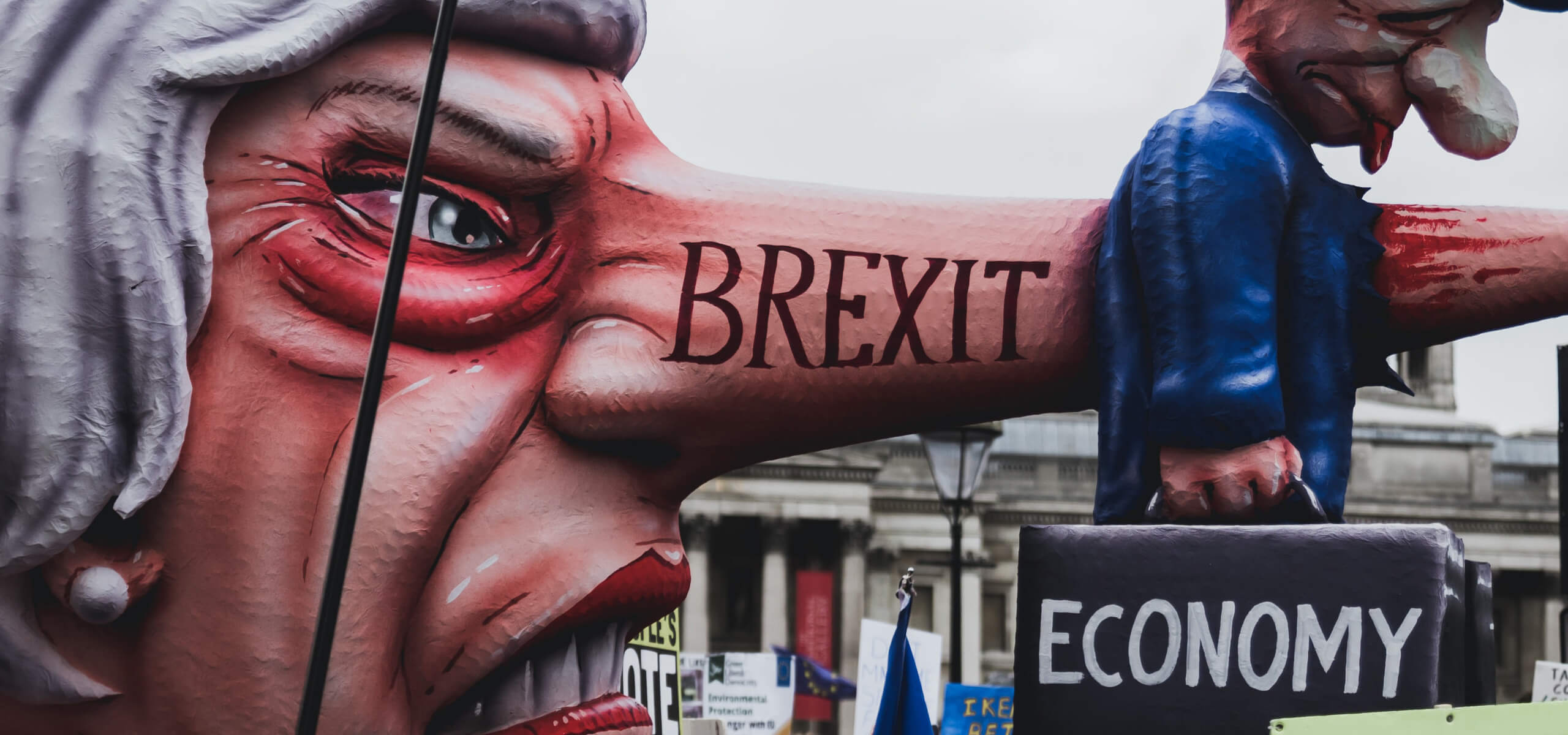Labour Voters Oppose Hard Brexit

A new poll today shows Labour voters overwhelmingly oppose a hard Brexit preferring – by a margin of more than three to one – the continuation of unrestricted trade with the EU without tariff barriers over efforts to control immigration.
The poll was conducted this week by YouGov – whose statistical modeling correctly forecast a hung parliament in the last election – for the think tank, Global Future. It shows the deep polarization between Britain’s two main parties over the issue of Brexit which was, by a clear margin, the most important issue facing voters in last week’s General Election.
Almost three quarters (72%) of Conservative voters said leaving the EU was a key factor in deciding which party to support. Of these, a total of 86% said they wanted to ensure Britain did not back away from plans to leave the EU or explicitly stated they wanted a hard Brexit.
Labour voters were less likely to cite Brexit as the main reason to back the party but the issue was still second only to health among its supporters. Among the 35% of Labour voters who said Brexit motivated their vote, 47% explicitly said they wanted a soft Brexit with a further quarter (27%) opposed to Britain’s departure from the EU all together. Just 4% said they wanted a hard Brexit while a further 11% said they did not want the UK to back away from leaving.
A similar polarity in support can be seen in Jeremy Corbyn’s own ratings, according to another YouGov survey this week. It shows that the Labour leader has a net +40 approval rating among Remain supporters and a net -40 rating among Leave supporters.
Although Conservative voters are much more likely to favour a hard Brexit and immigration controls over free trade with the EU, today’s poll shows there is significant support among voters overall for a softer deal than that being proposed by Theresa May’s government.
More voters (26%) prioritise the continuation of free trade with the EU over controlling immigration (19%), but a still bigger proportion (39%) say they believe it is possible to have both. However, such a “cake-and-eat-it” option has been ruled out by the EU which has consistently stated the UK will not be allowed to remain part of the Single Market without accepting freedom of movement.
Today’s poll tries to reflect what may be the reality of the tough negotiations due to begin next week by asking voters to make a forced choice between continuing with tariff-free trade and controlling immigration with measures such as ending freedom of movement to and form the EU. The survey shows that across all voters, there is a preference for unrestricted trade over immigration controls by a margin of 42% to 36%. Labour voters would choose trade over immigration controls by a margin of 64% to 19%. Conservative voters, by contrast, would choose controlling immigration over trade by a slimmer but still substantial margin of 60% to 27%. For the Liberal Democrats the preference for trade over immigration controls is 69% versus 15%
Gurnek Bains, the founder and chief executive of Global Future, said:
“Some people claim the election we have just had shows support for leaving the single market because this is how they interpreted the policies of the Conservative and Labour parties. Our poll, however, suggests a clear preference amongst voters for prioritising trade and the economy over immigration.
“Today’s poll shows that the people who supported Labour last week would strongly support options to deliver the softest possible Brexit if Britain goes ahead with its departure from the EU. The overwhelming majority of Labour voters want an open, outward-looking country which could mean staying in the Single Market like Norway and Switzerland already do from outside the EU.
“If political leaders insist on – or enable – an extreme form of Brexit that prioritises immigration controls by taking Britain out of the Single Market and the Customs Union, they risk being on the wrong side of the electorate. Our poll suggests the Conservatives have already maxed-out on the hard Brexit vote and that Labour’s nuanced position, designed to appeal to both Leave and Remain supporters, may be out-of-kilter with the vast bulk of its voters.”

